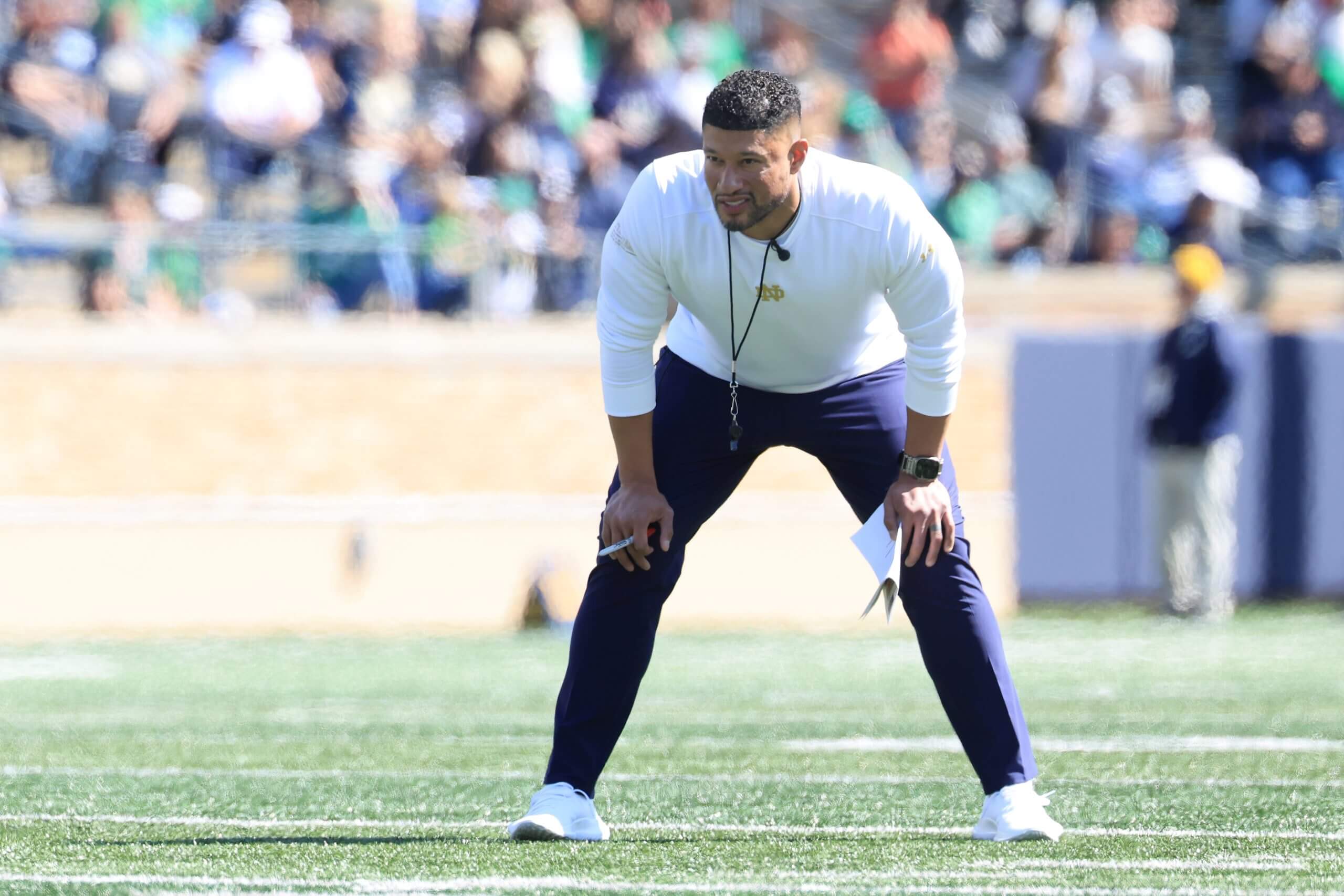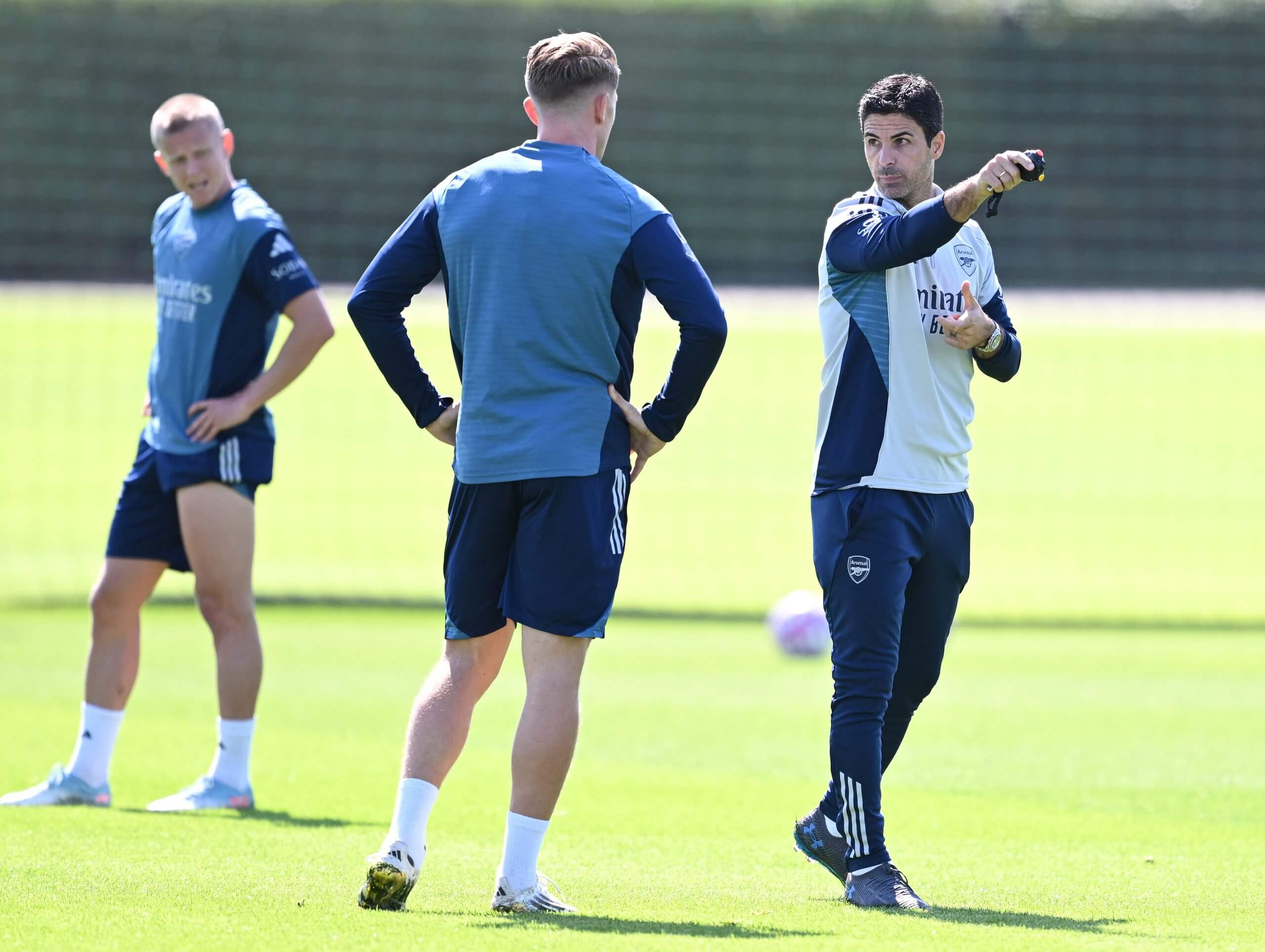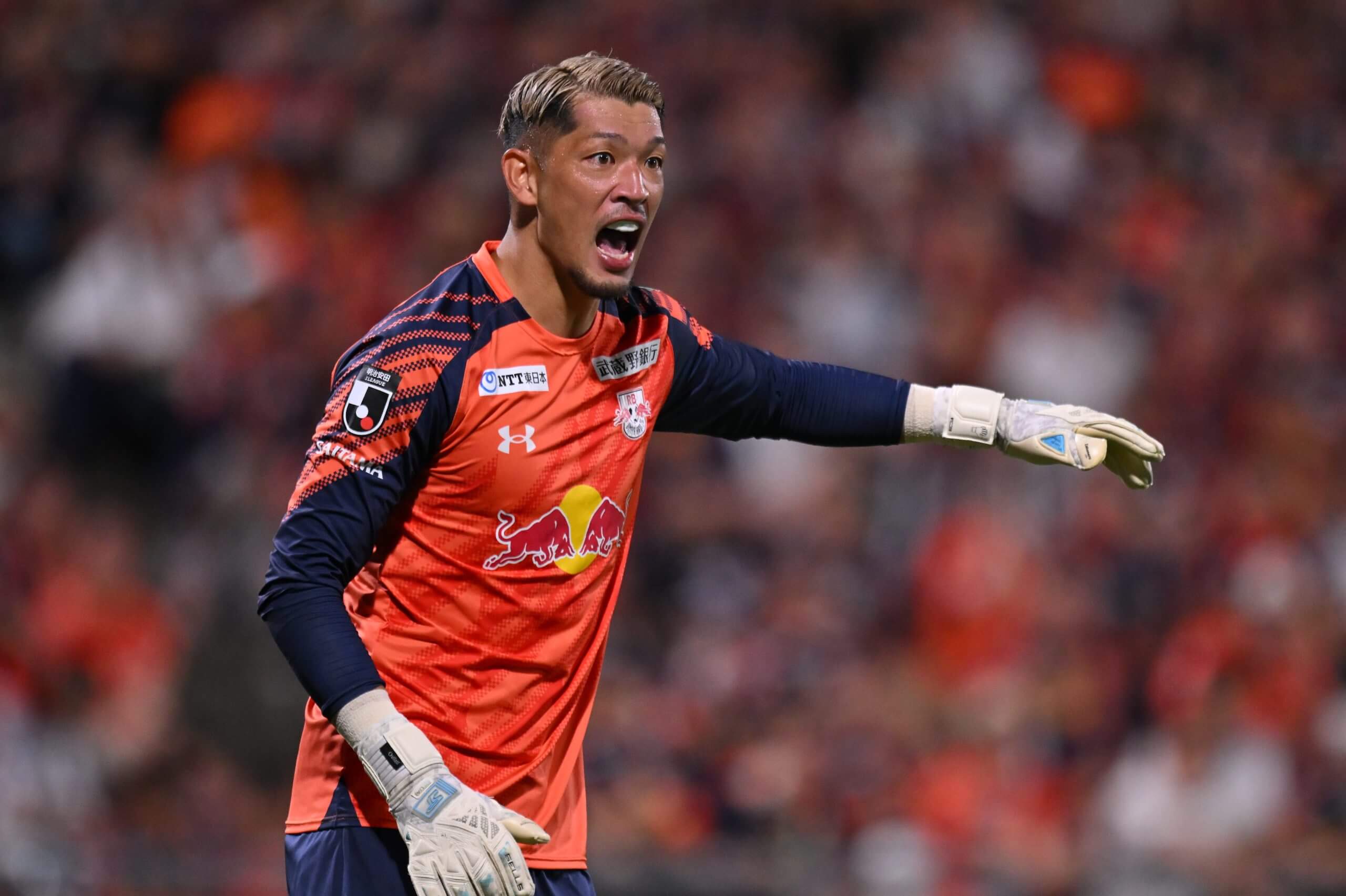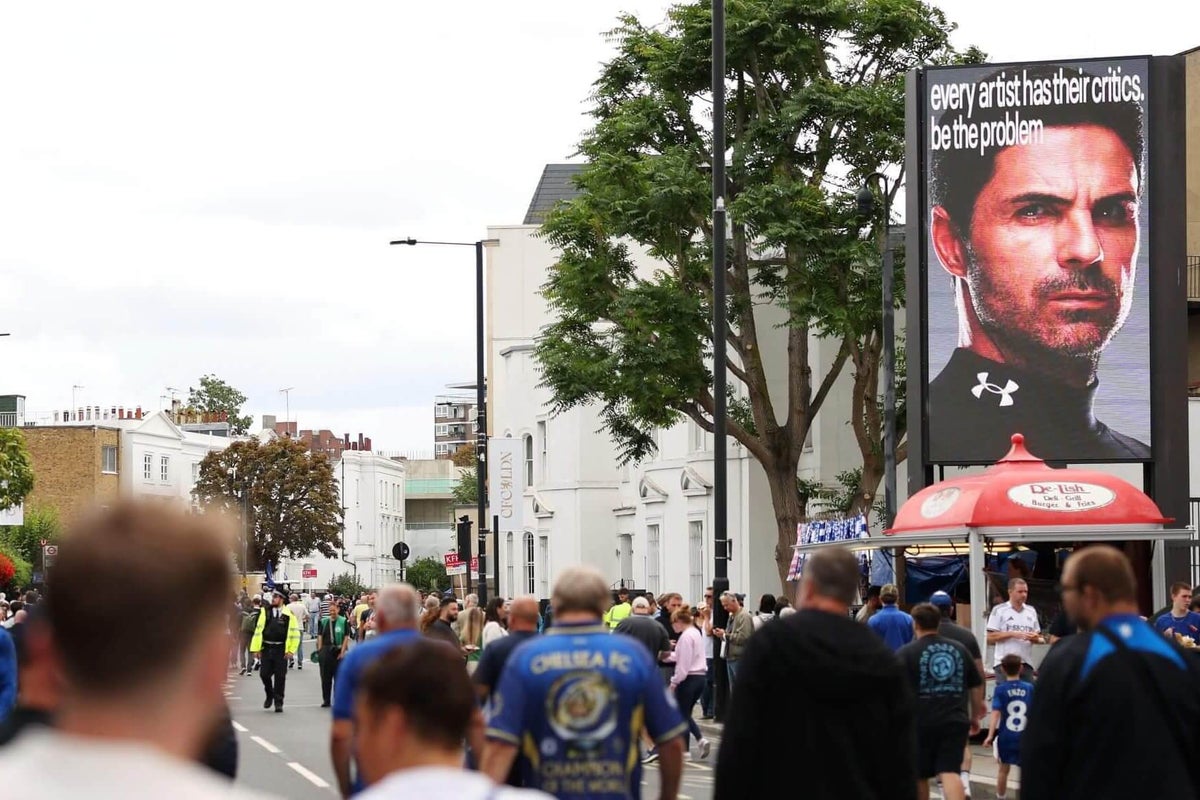What is the one thing elite athletes and coaches have in common?
Kevin Plank, founder of sportswear brand Under Armour, should know; he has met with enough of them in the past three decades.
Plank has struck deals with seven-time Super Bowl winning quarterback Tom Brady, four-time NBA champion Steph Curry, three-time tennis Grand Slam winner Andy Murray, three-time golf major winner Jordan Spieth and Michael Phelps, the most decorated Olympian of all-time, since he first developed the idea of Under Armour as a student athlete at the University of Maryland.
He says they all have something in common: a look of conviction, an unshakeable focus in their eyes. Confidence.
“You can’t make up confidence because you have it for a reason – because you believe that you can do it,” says Plank on the 58th floor of Horizon 22 in central London, where Mikel Arteta has just been unveiled as Under Armour’s latest brand ambassador. “(They think) ‘I do see this as a barrier, but I’m good enough to break through it.’”
Plank, 53, noticed Arteta had that same look in his eyes when he first sat down with him for breakfast at the Spaniard’s home in May 2024.
“I wouldn’t have rather been any place else in the world than Mikel Arteta’s kitchen table that morning, telling the story of why we’d love him to join our brand,” says Plank, calling the Arsenal head coach “Spanish royalty”. “Mikel helps open those doors up for us and he’s just gonna make us smarter too… He’ll advise us on football across the brand, it’s going to be incredibly valuable.”
With the men’s World Cup in the United States, Canada and Mexico next year, Under Armour, based out of Baltimore, Maryland, are exploring ways to establish themselves in a sport dominated by big hitters Nike, Adidas and Puma. It’s a daunting task in a noisy market, particularly given competition from brands like New Balance, Umbro and Castore.
Arteta’s face was on a billboard outside Stamford Bridge before Chelsea hosted Fulham in the Premier League on Saturday, with the words “every artist has their critics” and “be the problem” on the advert. The Arsenal manager, and France and Liverpool central defender Ibrahima Konate, have joined a list of footballers at Under Armour like Arsenal and United States women’s national team player Emily Fox, Paris Saint-Germain and Morocco right-back Achraf Hakimi, Real Madrid and Germany defender Antonio Rudiger, and Spanish duo Ferran Torres (Barcelona) and Pedro Porro (Tottenham). The brand also works with Notre Dame head coach Marcus Freeman (pictured below), a nod to its roots in college (American) football.

(Justin Casterline/Getty Images)
Acquiring coaches to brand deals is a growing trend, building on Adidas signing former Liverpool manager Jurgen Klopp and Manchester City kit manufacturer Puma striking a deal with the club’s manager Pep Guardiola. Plank says it gives Under Armour “a lot more versatility ” to work with individual players, athletes and coaches.
Arteta has not visibly worn Under Armour’s logo on the touchline in Arsenal’s opening two Premier League games of the season but has been photographed in their boots at training. A future menswear line, which might be more in keeping with Arteta’s smart casual style on match days, has been hinted at as an avenue that could potentially be explored.

Arteta talks to Viktor Gyokeres during Arsenal training (David Price/Arsenal FC via Getty Images)
Yet, while Under Armour have been supplying football boots for a number of years, they are almost entirely absent in the highly lucrative world of kit manufacturing. They spent five seasons as kit manufacturer for Tottenham Hotspur, Arsenal’s north London rivals, and have produced kits for English clubs Southampton and Aston Villa as well as German sides Hannover 96 and St. Pauli, and Brazilian teams Fluminense and Sao Paulo. But they only currently design professional football kits for Japanese second-tier side RB Omiya Ardija.

RB Omiya Ardija goalkeeper Takashi Kasahara (Kenta Harada/Getty Images)
“Our phone rings weekly about outfitting a club,” says Plank. “We’ve been very selective.
“We’ll be back on clubs again too. They’re very expensive and we have to play ‘Moneyball’. We have to be a little more clever, a little more creative. We can’t just walk in and write the big cheque. We’re big enough that we can do anything, but we’re small enough that we can’t do everything. So we just have to pick our spots. But, yeah, we will be back on the pitch.”
The five years spent kitting out Spurs, among other European teams, brought lessons.
“We didn’t have quite the store base that we do today,” Plank explains. “Today, our number is more than 2,000 retail stores around the world. That’s where, when we get into some of the fanbases, do you have the distribution? Can you optimise the number of jersey sales and other things?”
It was announced by the NFL in March that Under Armour would be an official footwear and glove partner from the 2025 season.
“We just went back on field with the NFL this year, which is our founding sport in America and it’s not a far walk from an NFL pitch to an EPL pitch. So that says we speak the language of sport. So whether it’s a league relationship, whether it’s a team relationship, whether it is an athlete relationship or a manager relationship, they all bring something different. You just have to change, you have to adopt the strategy to what assets you have.”
For Plank to still be personally meeting with athletes and people like Arteta feels niche. After all, according to Forbes, he has a net worth of $1billion. Does he need to be on the ground negotiating deals or 58 stories high at a launch event?
“We don’t have a choice,” he says. “If you want to win, you have to put everything you have into it. That’s one thing that I’ve learned.
“I’ve been lucky enough to found this brand at 23 years old. We’ll be 20 years public this November, 30 years old next August, so we’ve been doing it for a long time. And I’ve had other businesses and other things I’ve done, but I know that if you really want to win something, especially something which has as good as competitors as we have in our industry, you better put everything that you have into it.”
(Top photo: Justin Setterfield/Getty Images)

